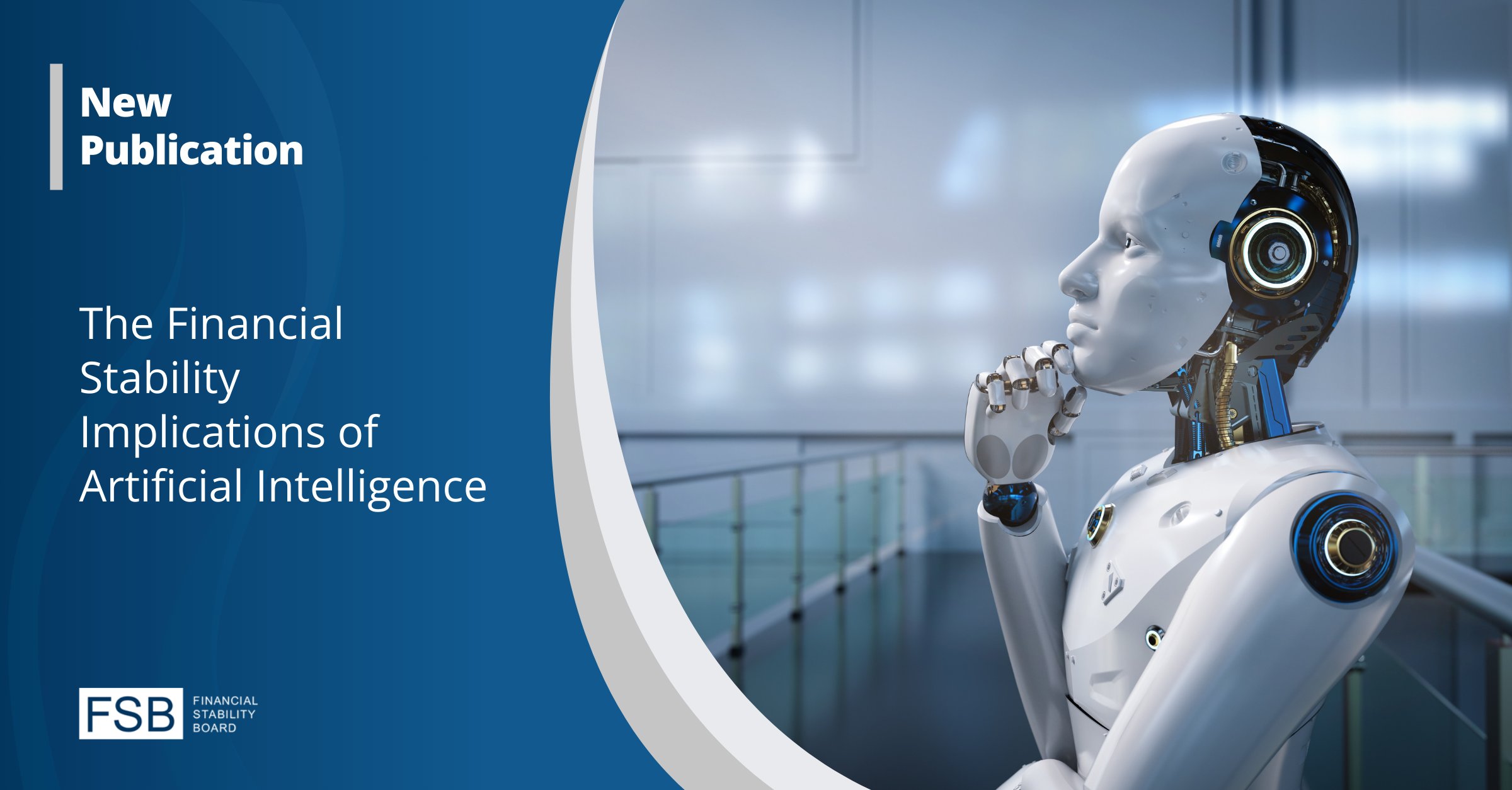According to new research from Quantios, the trust and company service provider (TCSP) sector is split when it comes to AI. Only 53% of companies are either actively implementing AI solutions or developing an AI strategy. This leaves 47% of firms potentially lagging behind in their digital transformation journey. As demand for innovation soars, the pressure to invest in cutting-edge technology is mounting. Nearly a quarter (24%) of respondents agree that client digital expectations have grown this year, compared to only 9% last year – the biggest increase since Quantios began its research. Continue reading…
Gone are the days when organisations could simply promise a speak up culture. Today, fostering a culture of trust, integrity, and a positive work environment…
Download whitepaper









